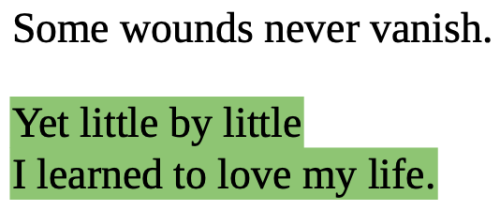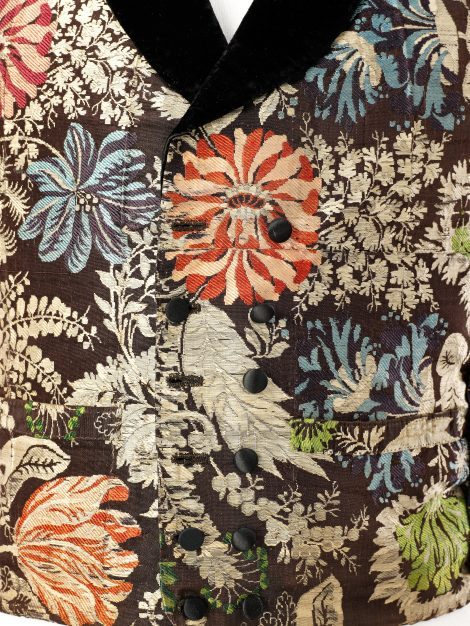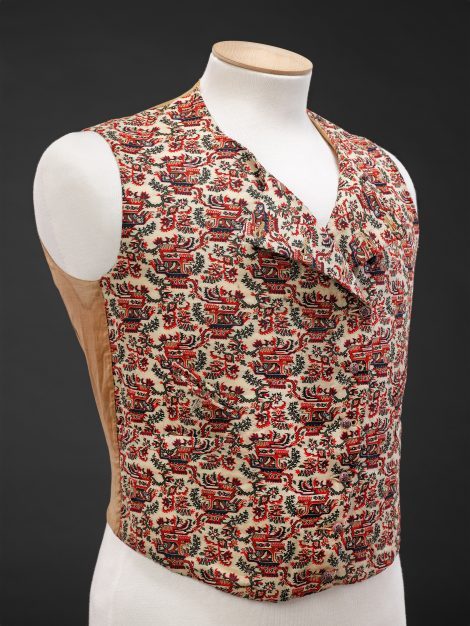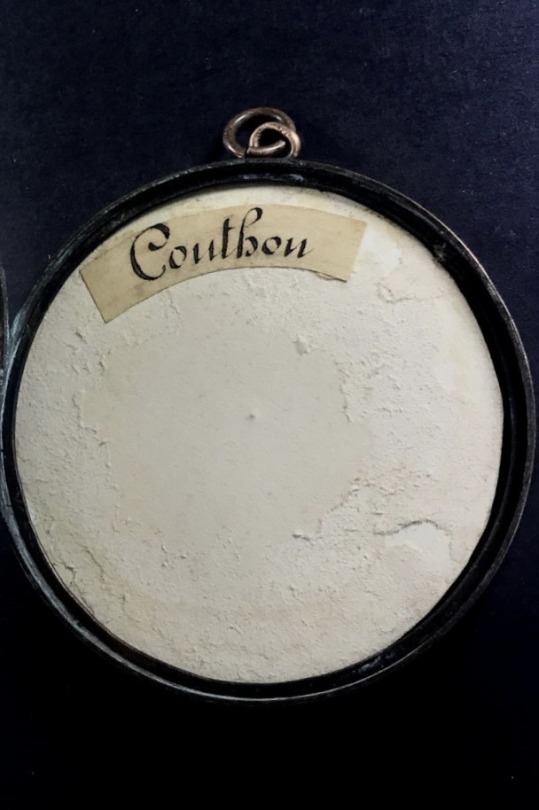
stibnium
overgrown bat, occultist, alchemist, aspiring potion maker, least but not last, poet.
172 posts
Latest Posts by stibnium
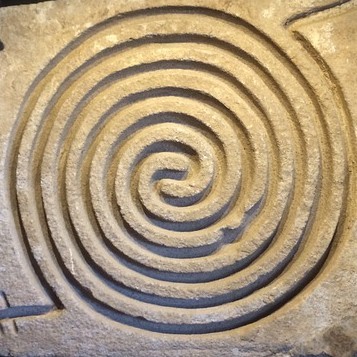







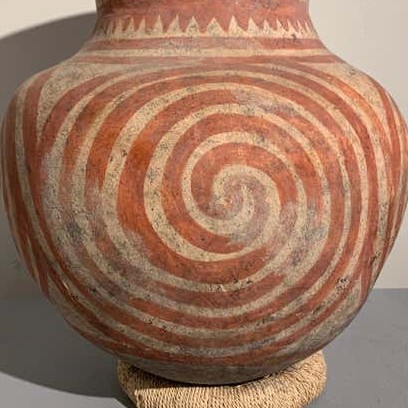
Spirals in ancient cultures (part 1). From left to the right, from top to bottom: Malinalco, Mexico - Nine Mile Canyon, Utah - Sarasău, Romania - Thrace, Greece - Newgrange, Ireland - Egypt - Igbo, Nigeria - Sanchi, Madhya Pradesh, India - Ban Chiang, Thailand
Fun fact for our international followers: If someone in Australia cuts down a tree on public land to improve the view from their house, the local government will install a sign to block that view again





In alchemy and philosophy, prima materia, materia prima or first matter (for a philosophical exposition refer to: Prime Matter), is the ubiquitous starting material required for the alchemical magnum opus and the creation of the philosopher's stone. It is the primitive formless base of all matter similar to chaos, the quintessence or aether. Esoteric alchemists describe the prima materia using simile, and compare it to concepts like the anima mundi.


some of you would crumble
Here's THE masterpost of free and full adaptations, by which I mean that it's a post made by the master.
Anthony and Cleopatra: here's the BBC version, here's a 2017 version.
As you like it: you'll find here an outdoor stage adaptation and here the BBC version. Here's Kenneth Brannagh's 2006 one.
Coriolanus: Here's a college play, here's the 1984 telefilm, here's the 2014 one with tom hiddleston. Here's the Ralph Fiennes 2011 one.
Cymbelline: Here's the 2014 one.
Hamlet: the 1948 Laurence Olivier one is here. The 1964 russian version is here and the 1964 american version is here. The 1964 Broadway production is here, the 1969 Williamson-Parfitt-Hopkins one is there, and the 1980 version is here. Here are part 1 and 2 of the 1990 BBC adaptation, the Kenneth Branagh 1996 Hamlet is here, the 2000 Ethan Hawke one is here. 2009 Tennant's here. And have the 2018 Almeida version here. On a sidenote, here's A Midwinter's Tale, about a man trying to make Hamlet. Andrew Scott's Hamlet is here.
Henry IV: part 1 and part 2 of the BBC 1989 version. And here's part 1 of a corwall school version.
Henry V: Laurence Olivier (who would have guessed) 1944 version. The 1989 Branagh version here. The BBC version is here.
Julius Caesar: here's the 1979 BBC adaptation, here the 1970 John Gielgud one. A theater Live from the late 2010's here.
King Lear: Laurence Olivier once again plays in here. And Gregory Kozintsev, who was I think in charge of the russian hamlet, has a king lear here. The 1975 BBC version is here. The Royal Shakespeare Compagny's 2008 version is here. The 1974 version with James Earl Jones is here. The 1953 Orson Wells one is here.
Macbeth: Here's the 1948 one, there the 1955 Joe McBeth. Here's the 1961 one with Sean Connery, and the 1966 BBC version is here. The 1969 radio one with Ian McKellen and Judi Dench is here, here's the 1971 by Roman Polanski, with spanish subtitles. The 1988 BBC one with portugese subtitles, and here the 2001 one). Here's Scotland, PA, the 2001 modern retelling. Rave Macbeth for anyone interested is here. And 2017 brings you this.
Measure for Measure: BBC version here. Hugo Weaving here.
The Merchant of Venice: here's a stage version, here's the 1980 movie, here the 1973 Lawrence Olivier movie, here's the 2004 movie with Al Pacino. The 2001 movie is here.
The Merry Wives of Windsor: the Royal Shakespeare Compagny gives you this movie.
A Midsummer Night's Dream: have this sponsored by the City of Columbia, and here the BBC version. Have the 1986 Duncan-Jennings version here. 2019 Live Theater version? Have it here!
Much Ado About Nothing: Here is the kenneth branagh version and here the Tennant and Tate 2011 version. Here's the 1984 version.
Othello: A Massachussets Performance here, the 2001 movie her is the Orson Wells movie with portuguese subtitles theree, and a fifteen minutes long lego adaptation here. THen if you want more good ole reliable you've got the BBC version here and there.
Richard II: here is the BBC version. If you want a more meta approach, here's the commentary for the Tennant version. 1997 one here.
Richard III: here's the 1955 one with Laurence Olivier. The 1995 one with Ian McKellen is no longer available at the previous link but I found it HERE.
Romeo and Juliet: here's the 1988 BBC version. Here's a stage production. 1954 brings you this. The french musical with english subtitles is here!
The Taming of the Shrew: the 1980 BBC version here and the 1988 one is here, sorry for the prior confusion. The 1929 version here, some Ontario stuff here, and here is the 1967 one with Richard Burton and Elizabeth Taylor. This one is the Shakespeare Retold modern retelling.
The Tempest: the 1979 one is here, the 2010 is here. Here is the 1988 one. Theater Live did a show of it in the late 2010's too.
Timon of Athens: here is the 1981 movie with Jonathan Pryce,
Troilus and Cressida can be found here
Titus Andronicus: the 1999 movie with Anthony Hopkins here
Twelfth night: here for the BBC, here for the 1970 version with Alec Guinness, Joan Plowright and Ralph Richardson.
Two Gentlemen of Verona: have the 2018 one here. The BBC version is here.
The Winter's Tale: the BBC version is here
Please do contribute if you find more. This is far from exhaustive.
(also look up the original post from time to time for more plays)
i saw the best necromancers of my generation destroyed by lesbian situationships

St. Francis of Assisi, founder of the Franciscans.
Did you know his nickname was "Il Poverello" or The Poor little Man.
.
I've always seen him as generous and warm man, and I can imagine him being lively and extroverted. Someone you'd like to be friends with.




Decided to draw all the main Demons characters, so far I have finished Nikolai, Pyotr, Liza and Dasha
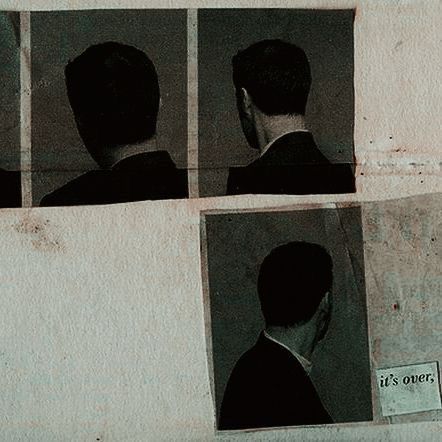













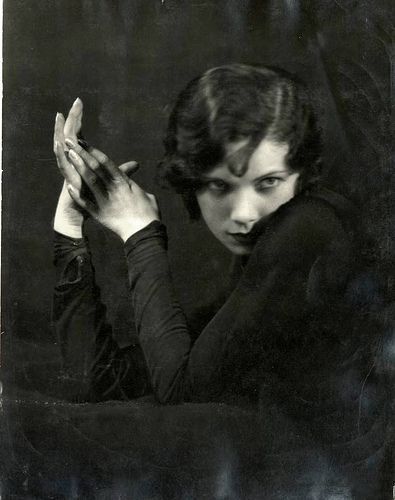

the man-god: demons by fyodor dostoyevksy










French tarot cards (1475-1500) said to belong to Charles VI.
Pen drawing on paper: black ink on gold with egg tempera paint.
Bibliothèque nationale de France, département Estampes et photographie.
Victor Hugo on Talleyrand's death
For @empirearchives who was interested, here's a translation of Victor Hugo's text about Talleyrand's death. My thanks to @microcosme11 for her help <33
Choses Vues, Victor Hugo
1838
Talleyrand
19th of May
In the Rue St-Florentin, there is a palace and a sewer.
The palace, with its noble, rich, and dull architecture, was long called "Hôtel de l'Infuntado"; today, we read on its front door: Hôtel Talleyrand. During the fourty years he lived on this street, the last host of this palace might never have set eyes on this sewer.
He was a stranged, feared, and considerable character: his name was Charles-Maurice de Périgord; he was noble as Machiavel, a priest like Gondi, defrocked like Fouché, witty as Voltaire, and lame as the devil. One could say that everything limped with him: the nobility which he had put to the service of the republic, the priesthood he had dragged on the Champ-de-Mars then threw down the drain, the marriage he had broken by twenty scandals and by a voluntary separation, the wit he dishonoured through vileness. This man, nevertheless, had grandeur.
The splendours of both regimes were mixed together inside of him: he was prince of the old kingdom of France, and prince of the French Empire.
For thirty years, from the depth of his palace, from the depth of his mind, he had just about led Europe. He had let the revolution call him "tu", and had smiled at it, ironically of course; but it had not noticed. He had approached, known, observed, pierced, stirred, upturned, delved into, mocked, intellectually fertilized all the men of his era, all the ideas of his century, and there had been a few minutes in his life when, holding in his hand the four or five fearsome threads that moved the civilized universe, he had had for a puppet Napoleon the First, Emperor of the French, King of Italy, Protector of the Confederation of the Rhine, Mediator of the Swiss Confederation. Such was the game this man played.
After the Revolution of July, that old race, whose grand chambellan he was, having fallen, he found himself standing on one foot and told the people of 1830, sitting, bare-armed, on a pile of cobbles: Make me your ambassador.
He had received Mirabeau's last confession and Thiers' first confidence. He had said himself he was a great poet and had made a trilogy in three dynasties: Act I, Buonaparte's Empire; Act 2, The House of Bourbon; Act 3, The House of Orleans.
He had done all of this in his palace, and, in this palace, like a spider in its web, he had attracted into it and taken successively heroes, thinkers, great men, conquerors, kings, princes, emperors, Bonaparte, Sieyès, Mme de Staël, Chateaubriand, Benjamin Constant, Alexander of Russia, Wilhelm of Prussia, Francis of Austria, Louis XVIII, Louis-Philippe, all the golden, shiny flies who buzzed in the history of those last fourty years. The whole sparkling swarm, fascinated by this man's deep eye, had successively passed under the dark door that bore, written on its architrave: Hôtel Talleyrand.
Well, the day before yesterday, 17 March, 1838, that man died. Doctors came and embalmed the corpse. For this, like the Egyptians, they first withdrew the bowels from the belly and the brain from the skull. Once done, after they had transformed the prince de Talleyrand into a mummy, and nailed this mummy in a white satin-lined coffin, they withdrew, leaving upon a table the brain, that brain which thought so many things, inspired so many men, built so many edifices, led two revolutions, fooled twenty kings, contained the world.
Once the doctors were gone, a valet entered, he saw what they had left. Hold on! they forgot this. What to do ? He remembered that there was a sewer in the street, he went there, and threw that brain into this sewer.
Finis rerum.




brutus 🤝 antony 🤝 cassius 🤝 casca 🤝 decim......




























I have a folder called Time is a Flat Circle in which I collect evidence of humanity. Here is most of them.


“There is little evidence for what Saint-Just really thought during the early weeks of the Convention, so there is now no way of knowing whether he hesitated or not between factions, or what factors inclined him to make up his mind. We only know that he chose Robespierre, unequivocally, and for the rest of his life. His choice was all the more striking since, out of the twelve deputies from the Aisne, he was the only one to align himself with the Montagnards.”
- Marisa Linton, The Man of Virtue: The Role of Antiquity in the Political Trajectory of L. A. Saint-Just










thoughts on death and marriage and girls
(sophocles, antigone 891-4, c. 441 bce; ovid, metamorphoses x.1-7, 8 ce; phrasikleia kore inscription, 550-530 bce; euripides, iphigenia in aulis 1502-3, 405 bce)
inspired by @regenderate and @risissecupido and also joan breton connelly and nicole loraux


kometebuch 1587











